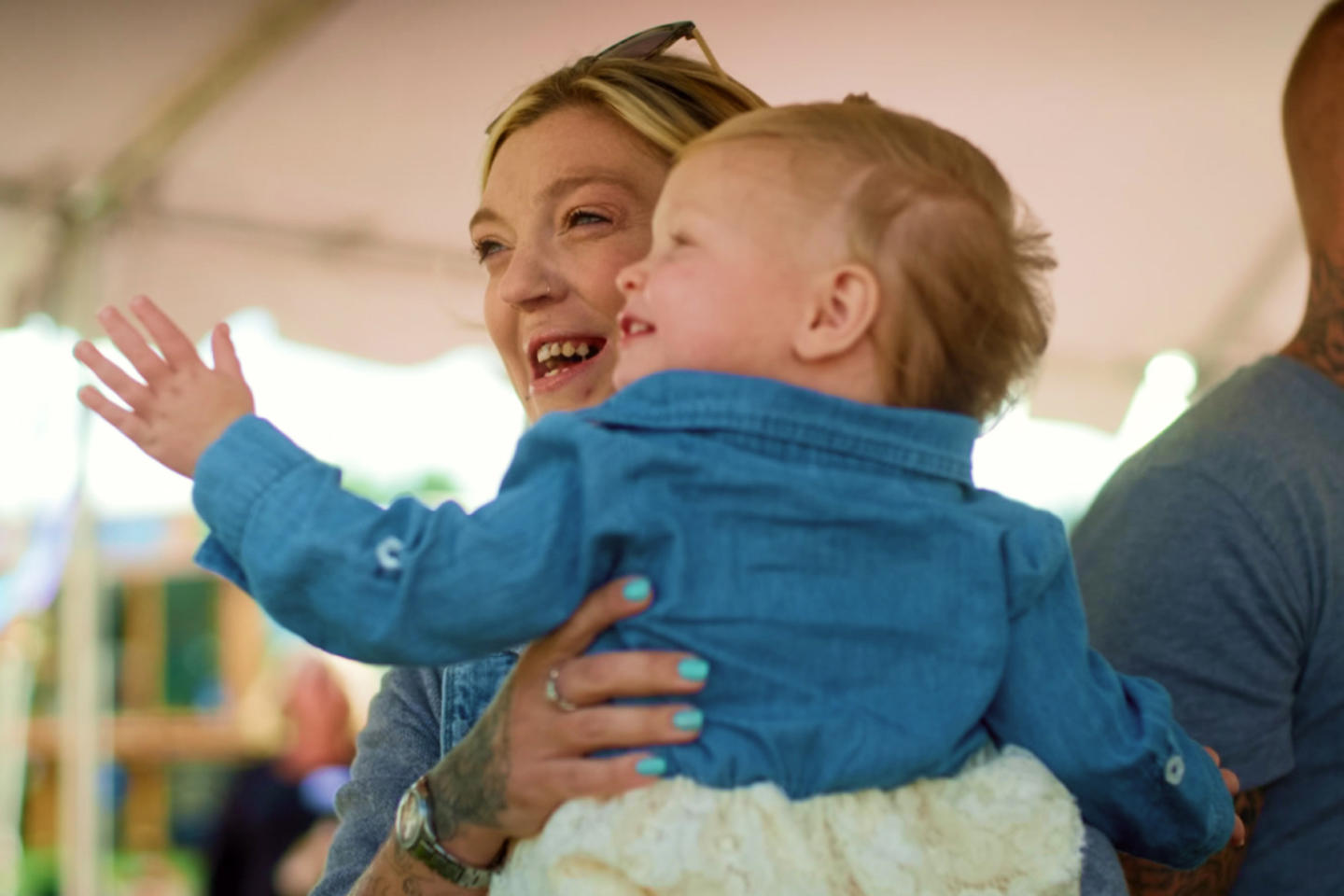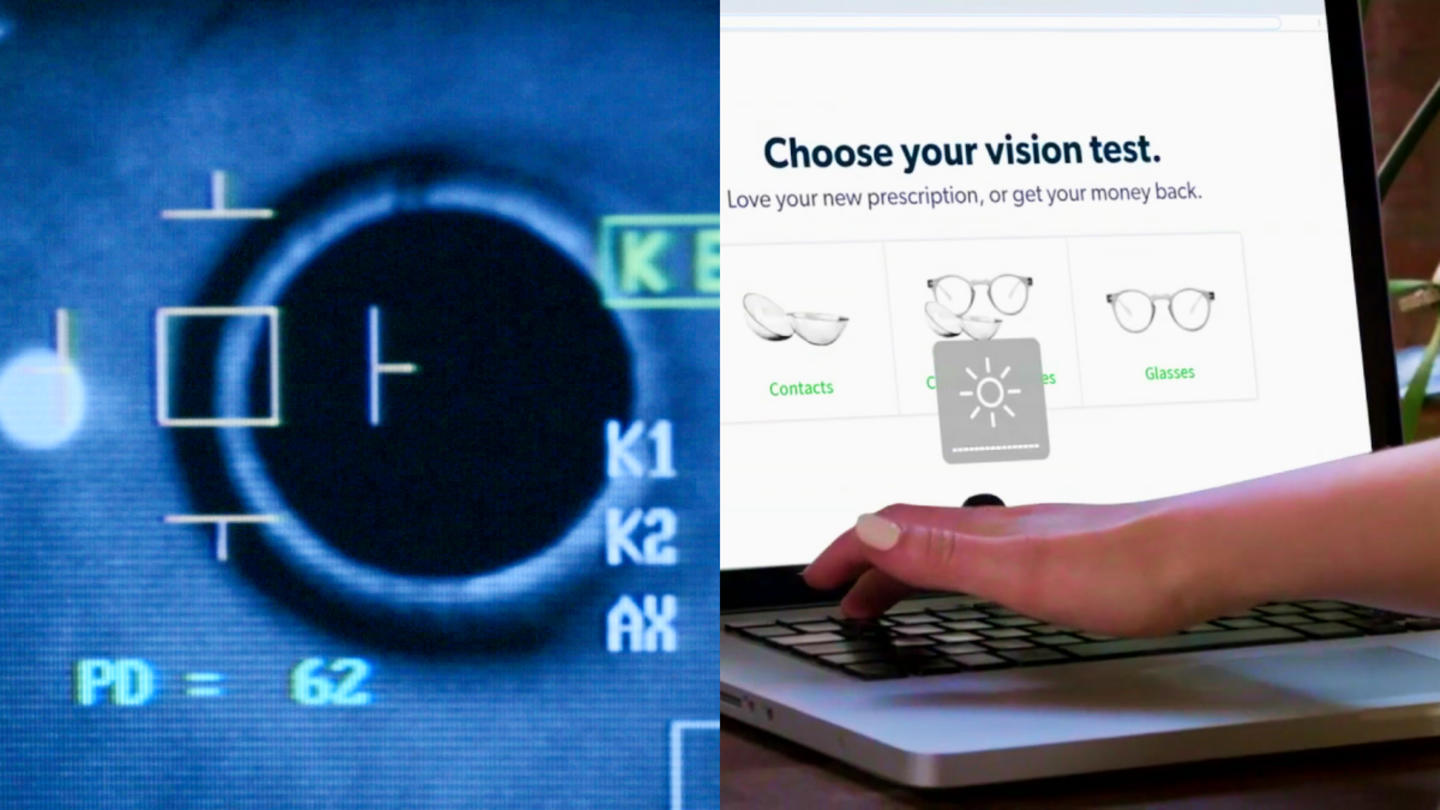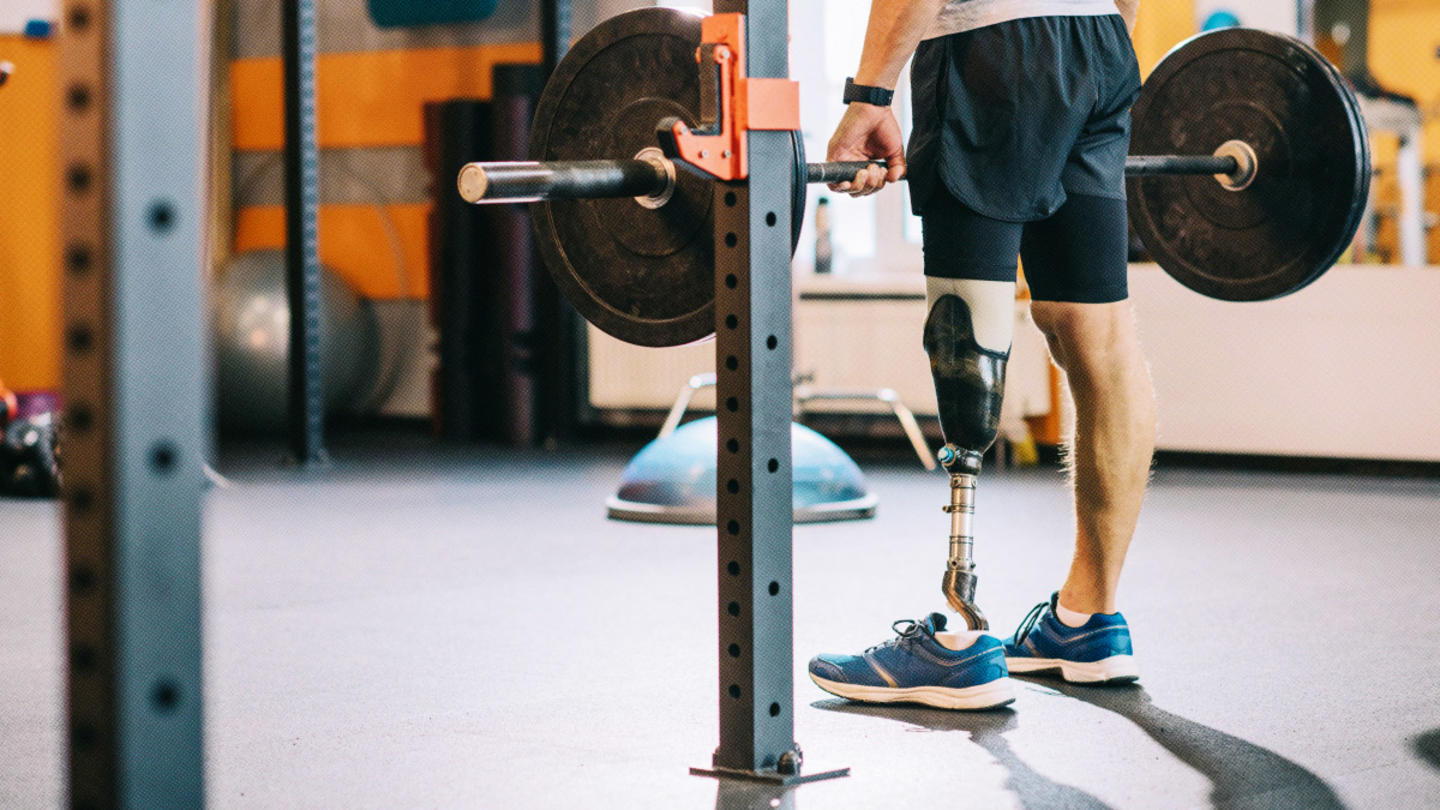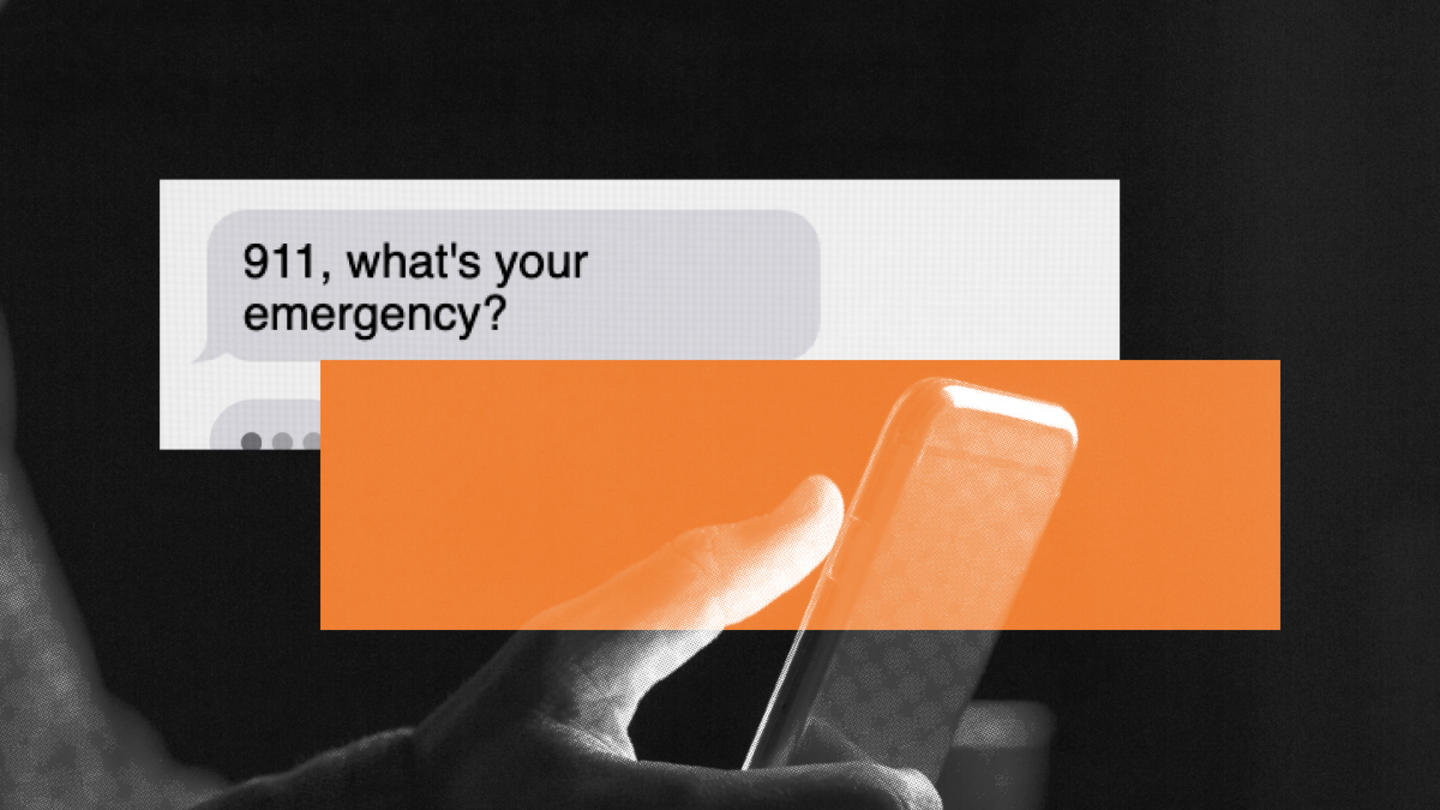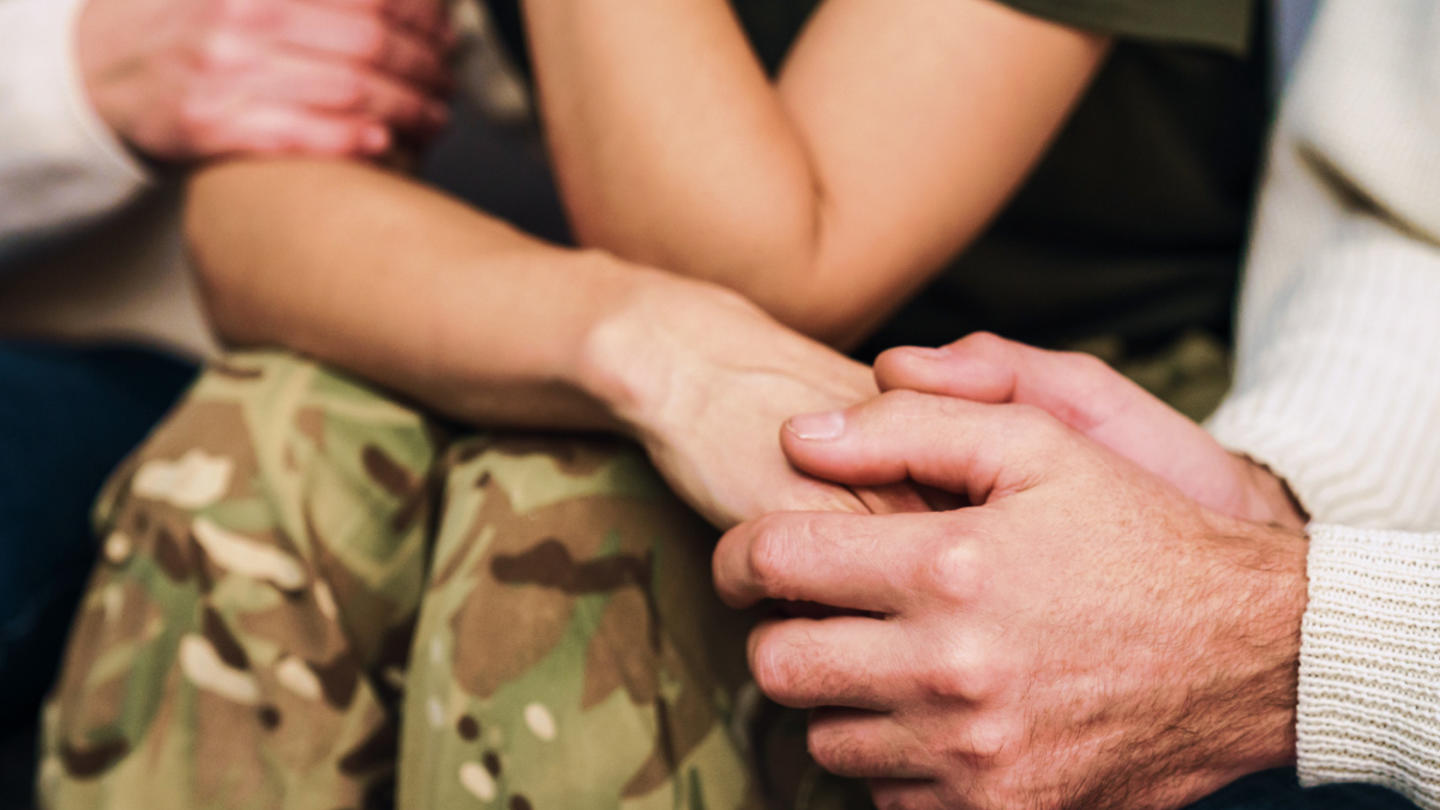Dayton, Ohio has featured prominently in national headlines as ground zero in America's opioid epidemic. Now, Jill Kingston's local nonprofit Brigid's Path is emerging as a source of solutions for one of the most tragic consequences of addiction: how to help children born with Neonatal Abstinence Syndrome (NAS) — or, in non-clinical terms, infants born dependent on substances.
Kingston's journey to Brigid's Path began in 2013. At the time, Ohio had one of the highest rates of addiction in America. One consequence was that more children were being born dependent on substances. The rate of babies born with Neonatal Abstinence Syndrome increased by nearly 800% from 2006-2015 in the state, which overwhelmed the foster care system.
Kingston became a foster mother after working as a stay-at-home mom for 15 years. Nothing could have prepared her for what she saw. She watched families who wanted to turn their lives around largely left to go it alone. She saw nurses overwhelmed by the level of care that's required to help infants experiencing withdrawal. She saw case workers who were stressed by the increasing demand on their time.
"Nobody was there to walk with mothers through this journey," Kingston says. "They needed a support system for these babies so that they could thrive and not be just stuck in these systems of brokenness." It was that realization that led to the founding of Brigid's Path.
Empowering mothers from the moment of birth
Brigid's Path is a physical space as well as a community of support. As Ohio's first residential pediatric recovery care center, the nonprofit operates a state-of-the-art medical center in Kettering that provides round-the-clock care by trained staff and volunteers.
Critically, they work with mothers before they deliver their babies. They help mothers understand and abide by a "Plan of Safe Care," which is federally required for every baby born with Neonatal Abstinence Syndrome. Kingston's family advocacy team prepares pregnant mothers and the hospital staff so everyone's needs are met up front.
"We prepare mothers so it's not a crisis when that baby's delivered," Kingston says. "We want Mom to feel empowered. She has a plan and can call Children's Services and say, 'This is what's going on.'"
There's a six-month check-in and a 12-month court date before parents can regain custody. They must submit proof of work and home, as well as clean drug tests, to case workers on a regular basis. Brigid's Path offers support at every stage to get – and stay – substance free in order to reunite their family.
Brigid's Path helps newborns and families heal together
Brigid's Path offers so much more. With over 21,000 substance-exposed babies born each year in America, it was clear something needed to be done. Nationally, a hospital stay is nearly seven times more expensive for a newborn with NAS than for other newborns.
Hospitals are overwhelmed. Neonatal Intensive Care Unit (NICU) nurses can only check in on babies during their rotations, which can miss crucial moments of care. Parents trying to regain custody in the current system are often allowed to see their babies for only two hours every week — or up to four hours per week as the baby grows.
However well-intentioned, such one-size-fits-all restrictions are counterproductive for the healthy development of a child. Research shows that skin-to-skin contact between mothers and babies produces important chemicals necessary for development and alleviates withdrawal symptoms in substance-exposed babies.
Keeping families together during this crucial time early childhood development sets Brigid's Path apart. Even if they have yet to enter a treatment program, mothers are still able to be with their babies from 6 am to 10 pm. Mothers in recovery are allowed to stay overnight.
Kingston's pediatric recovery care center keeps families together at a much lower cost than the hospital NICU and with resources that better serve the whole family. "We're just as safe as a hospital, but we provide better care for this population," Kingston says.
The center has a nursery suite, a safe place for mother and baby to sleep, bathing areas, laundry services, and more. "The foster care system is set up to protect children, which is good," says Kingston. "But sometimes it works against a family if they don't have the right information or education. So we support them in that journey."
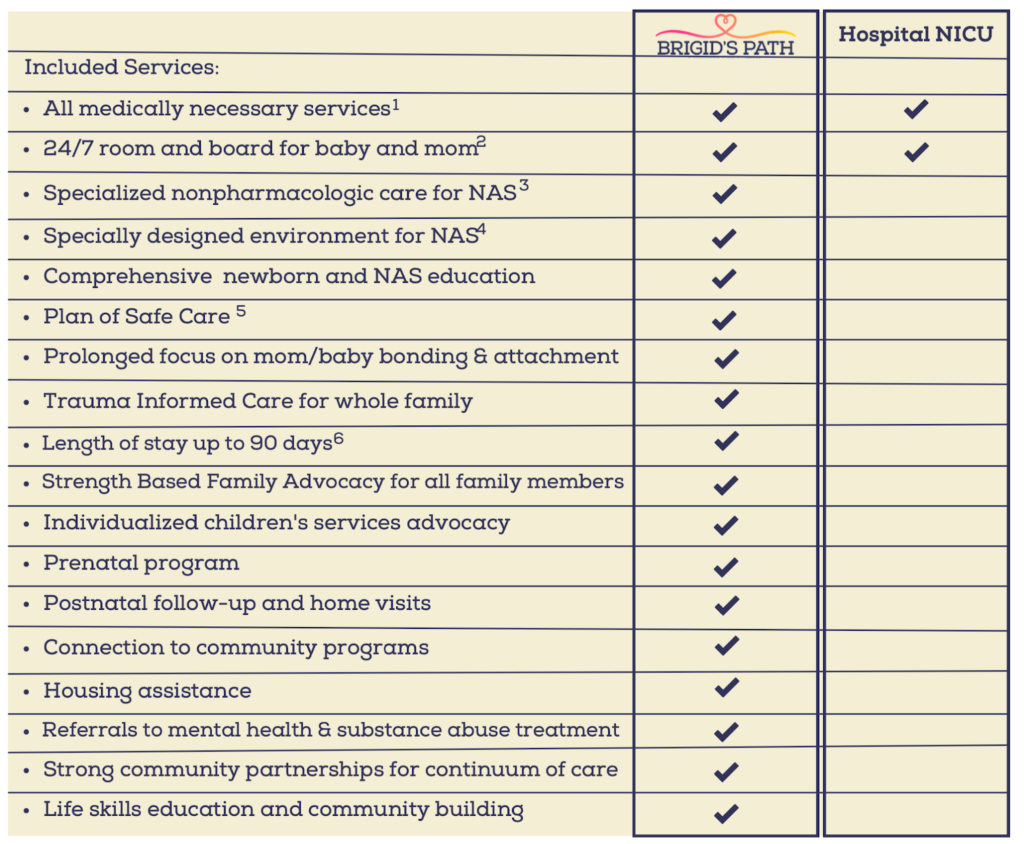
Parents are also connected to community programs and housing assistance by the Brigid's Path family advocacy team, which teaches life skills programs and comprehensive childcare education so that when they leave her care, they have resources, a plan, and a community.
By taking a bottom-up approach that meets the needs of individual families, Brigid's Path dramatically reduces costs borne by the health care system. The average daily cost per baby to stay in a hospital NICU is $6,331. By comparison, Brigid's Path costs $1,400 per day.
Families find new hope through Brigid's Path
Over 200 babies have received care since the facility's doors opened in December 2017. Of those, 85% would have been placed in foster care without Brigid's Path. In 2021, 81% of babies were discharged to be with their families.
Kingston's founding principle — her North Star — has always been a desire to help babies and families. She knows what it feels like to be from a loving, tight family, and she envisions a world where everyone has that head start.
As Kingston says, "Every child deserves to be in a safe, loving, and thriving home, where they can live up to their God-given potential."
Brigid's Path is supported by Stand Together Foundation, which partners with the nation's most transformative nonprofits to break the cycle of poverty.
Learn more about Stand Together's health care reform efforts.
